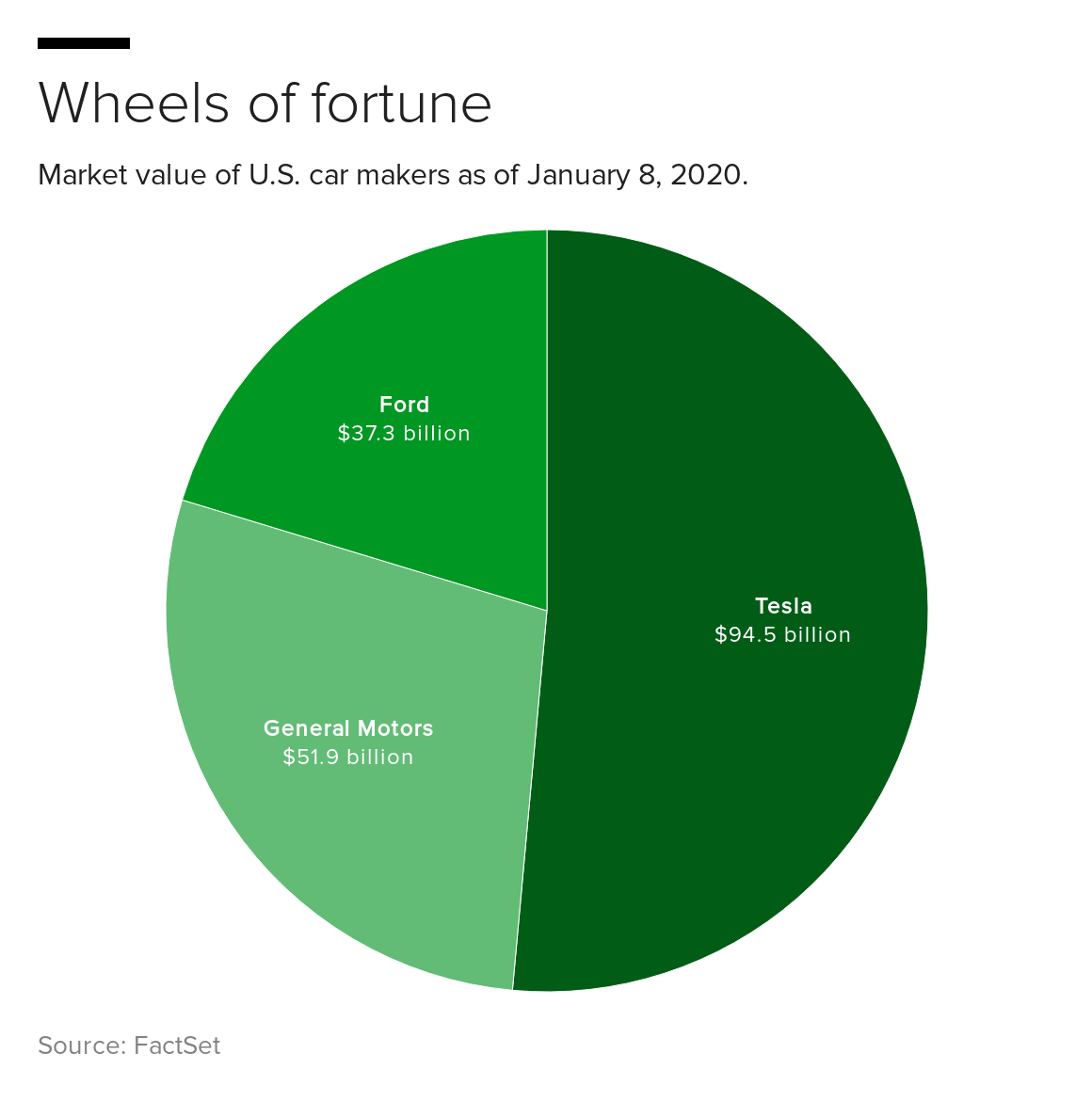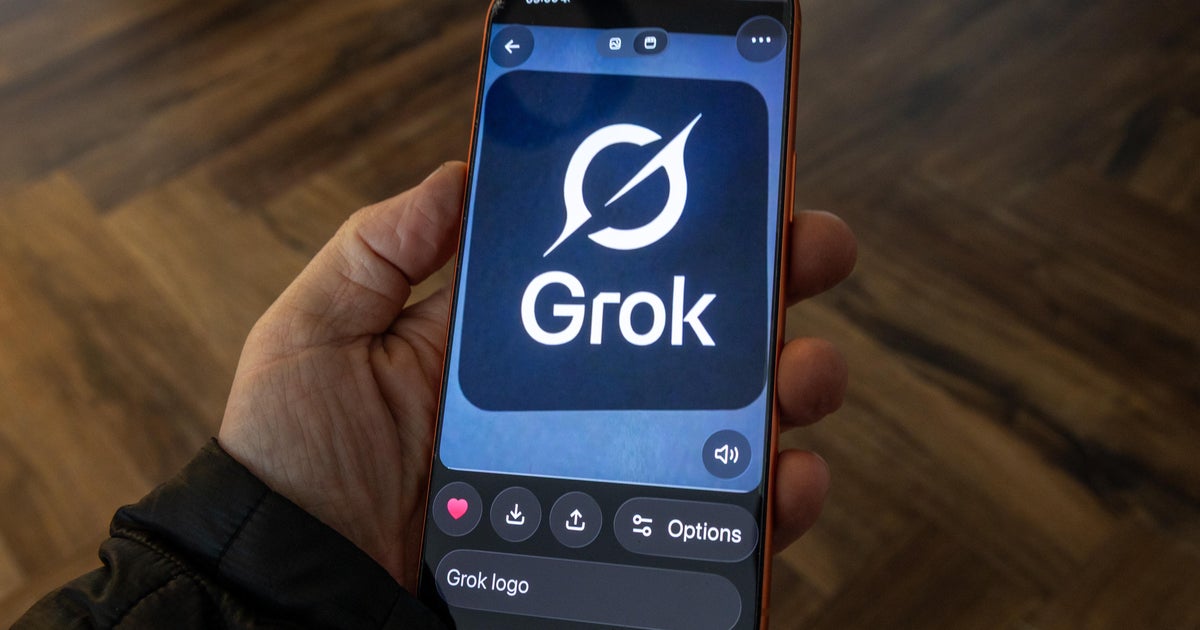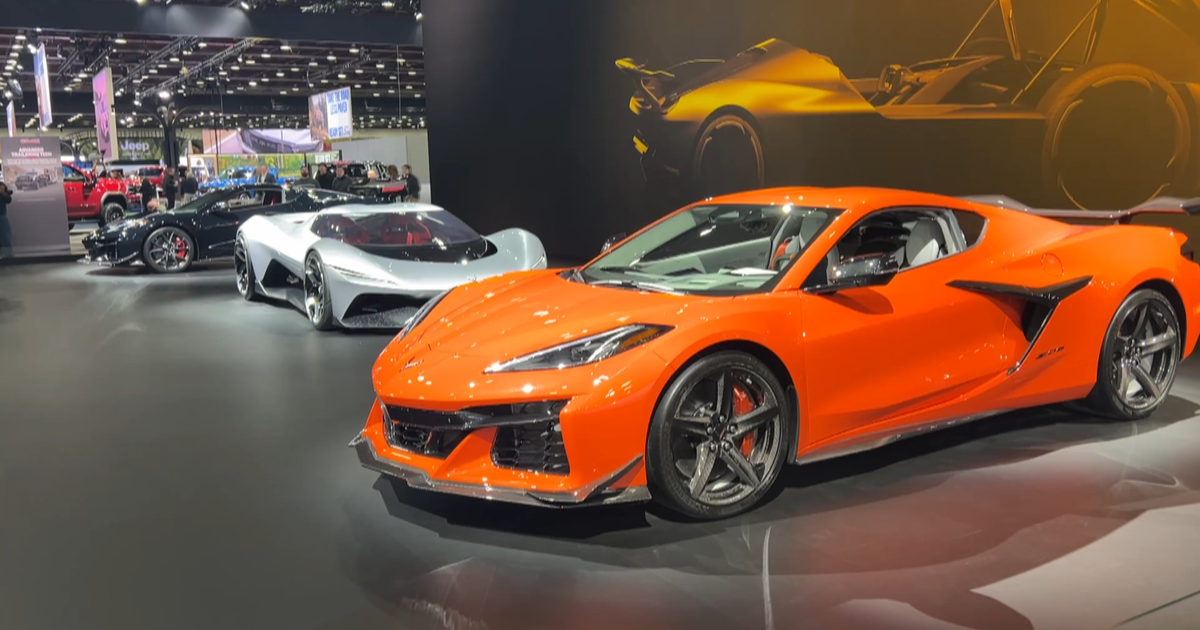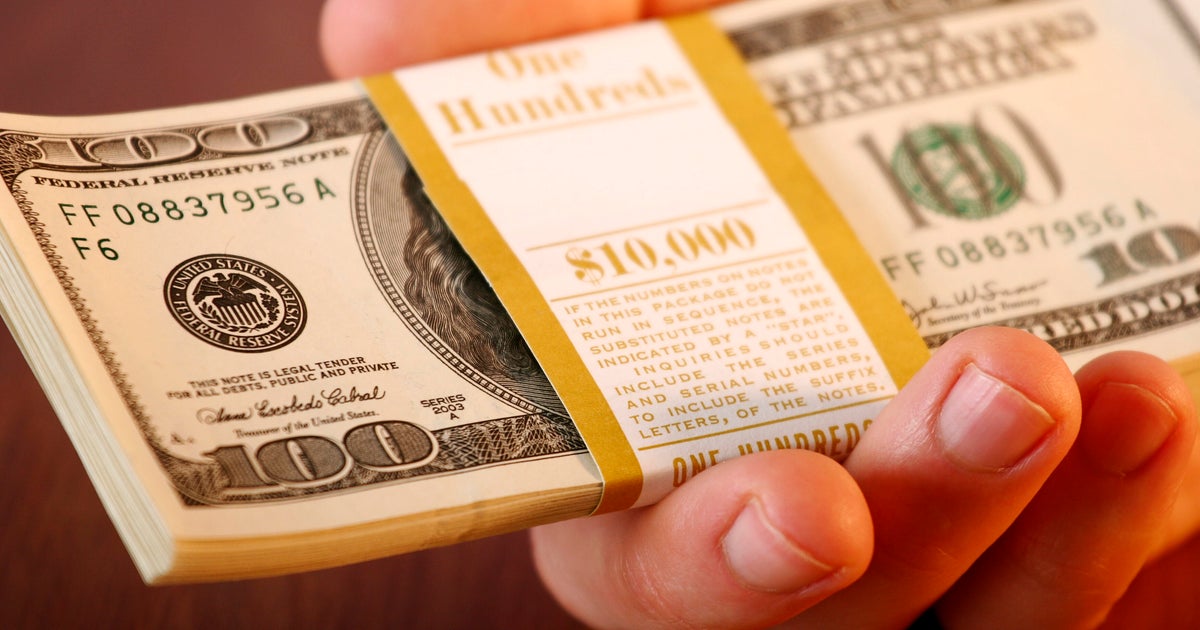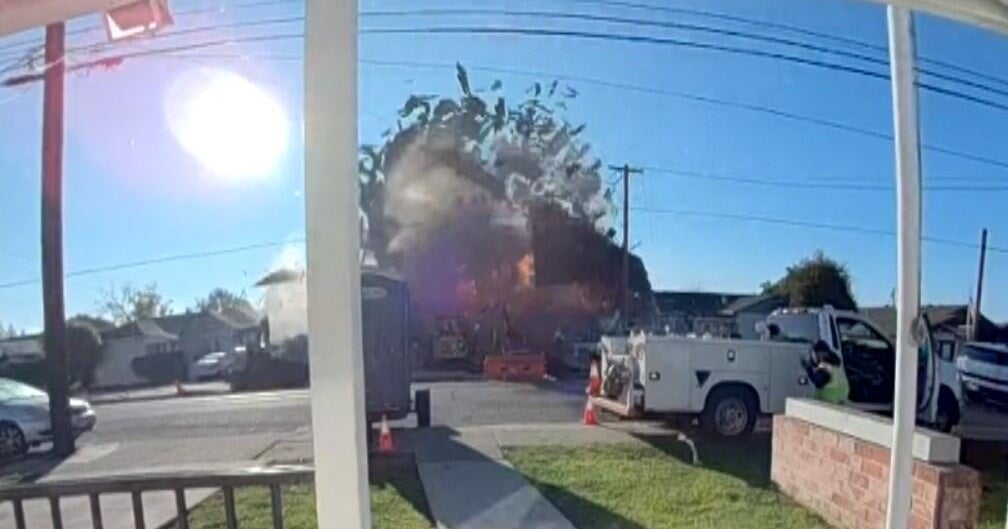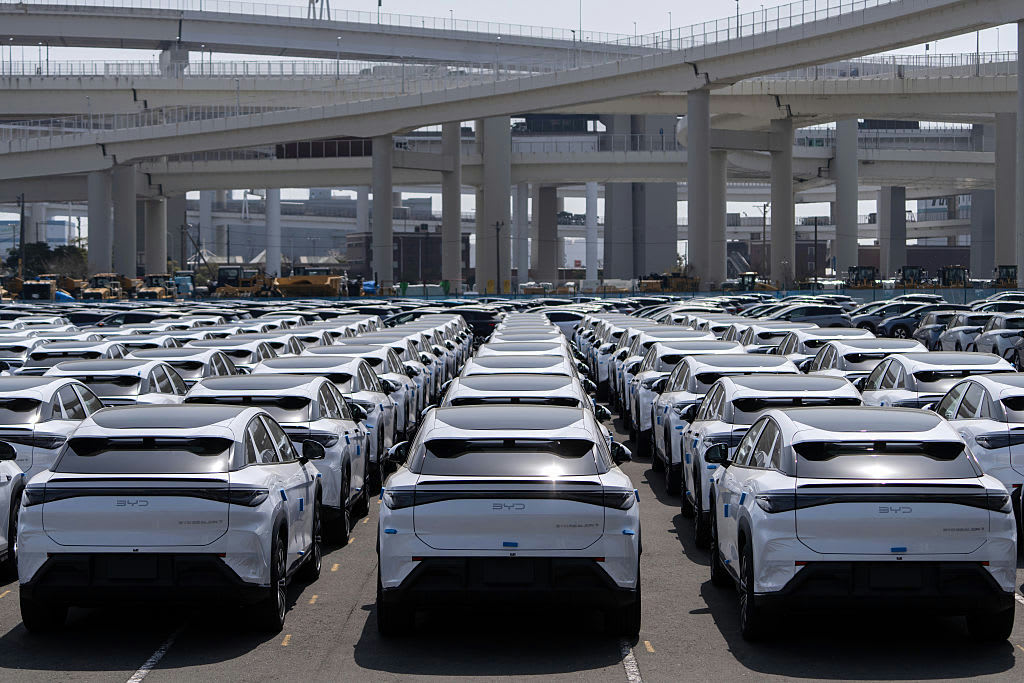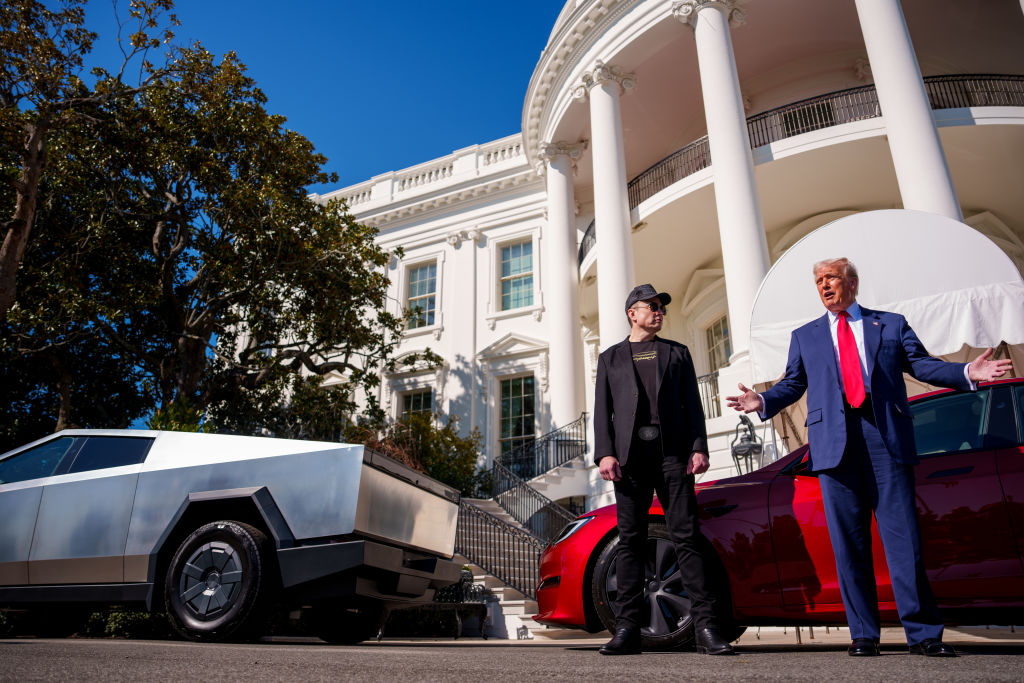Tesla Motors is now America's most valuable car company
Telsa Motors is now the most valuable American car company. It's also the least profitable.
The stock price of Elon Musk's electric car company has more than doubled in the past year, exceeding even the tech entrepreneur's heady target of $420 a share in 2018 and recently approaching $500 a share. That's pushed up the company's stock market capitalization —roughly what it would cost an acquirer to buy all 180 million outstanding shares — to $89 billion. Add in Tesla's stock options for employees and others and the company's total market value is nearly $100 billion.
That's more than the market cap of both General Motors and Ford — combined. It's also more than Ford's peak market value of $78 billion back in 1998, the previous high for U.S. car manufacturers, according to the Wall Street Journal. (Tesla still is worth less than half of Japan's Toyota Motor Corp., whose market cap tops $200 billion.)
By other measures, Tesla is considerably less valuable. The company lost an estimated $128 million last year. That's much less than its previous losses, including nearly $1.7 billion over the previous two years.
But Tesla's red ink stands in contrast with the $7 billion and $5 billion in profits that General Motors and Ford are estimated to have made, respectively, in 2018.
Although Tesla continues to lose money, it may zoom into the black in the not-too-distant future. Analysts expect the company to earn nearly $2.4 billion by the end of 2021, according to FactSet, although that would still amount to less than half of what Ford is projected to earn that year.
Still, Tesla's earnings growth, faster than GM's or Ford's, is what appears to be generating a good deal of the excitement around the stock, as well as the idea that Tesla could eventually dominate the expanding electric car and commercial truck market.
Tesla's recent momentum is quickly putting its woes last year in the rear-view mirror, when skeptics questioned whether the company would ever turn a profit and claimed it was running out of cash.
Noted investor and Tesla critic David Einhorn, who over the past few years has been betting that the automaker's shares would fall, has raised concerns about sales programs that allow customers to drive the company's flagship Model 3 car off the lot without paying in full. That's boosted the company's revenue and earnings more than the actual cash it's bringing in.
But such concerns haven't stopped Einhorn and other short sellers from losing billions in the past year by betting against Tesla, including $1.5 billion lost in a single day in October when the stock soared 20% after the car maker surprised Wall Street by reporting a rare profitable quarter.
The recent surge in Tesla's stock has even pushed it well past the often-mocked price target that Musk himself cheekily suggested the shares were worth a year and a half ago. In 2018, Musk tweeted that he had a deal to take the company private at $420 a share.
Musk's tweet was at best premature — no deal materialized. The Securities and Exchange Commission, which sued the Tesla CEO for misleading investors with the tweet, said the executive picked the number out of thin air because of its popularity with pot smokers.
